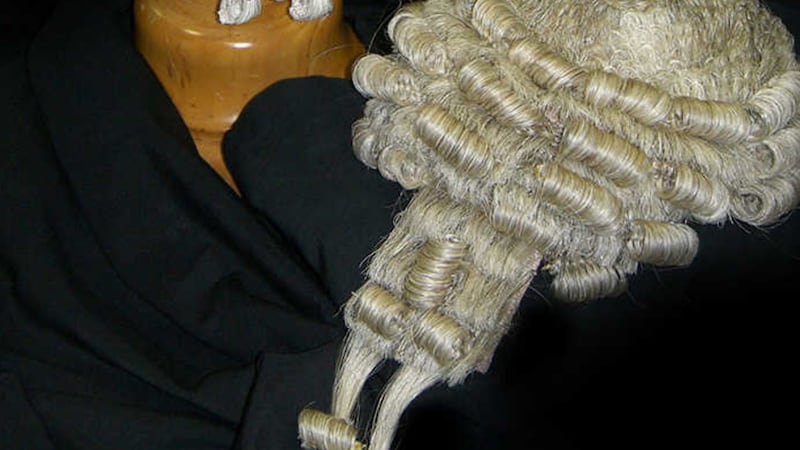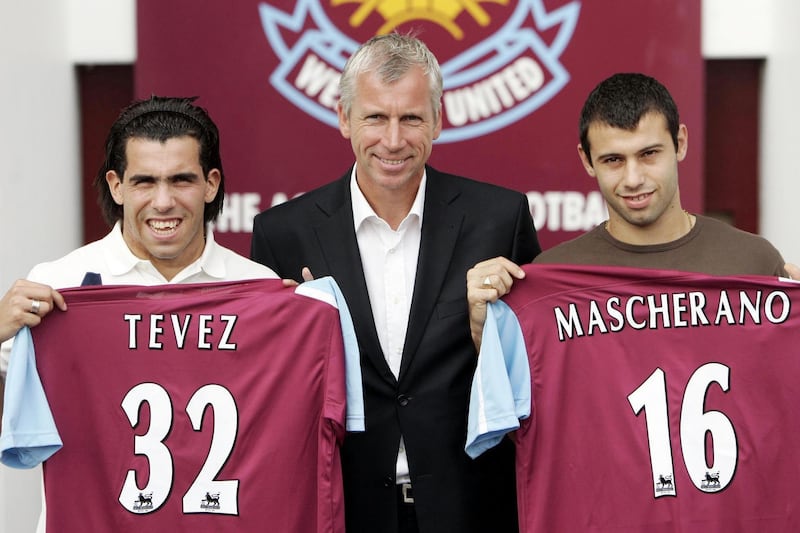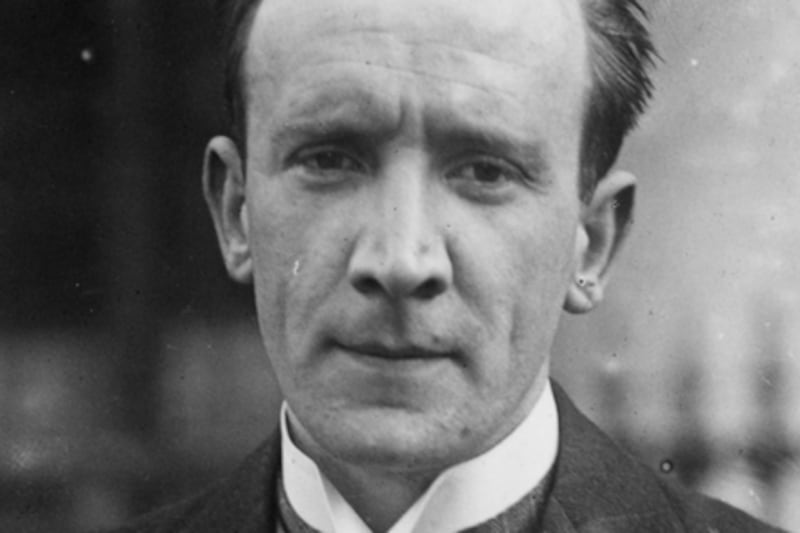On This Day
September 28 1973
Belfast film-goers are not to have the chance of seeing the controversial “Last Tango in Paris”. This was decided yesterday at the last meeting of Belfast City Council.
Twenty-four members voted against the showing of the film, with nine voting for its showing. Four members abstained.
Alderman Gerry Fitt, who was one of those who wanted the film to be shown, said that when he saw it in London he had not liked it, but felt it wrong that councillors should decide what people could and could not see.
Seven councillors said that the film was “crude” and “vulgar” and Mrs Eileen Paisley criticised the British Board of Censors for allowing it to be shown in Britain.
Police Committee chairman, Councillor Brent Hughes, said that he was against the principle that the councillors should decide what people should see. He added that most of the films shown in Belfast were never seen by the council and many could be as bad as “Last Tango”.
The erotic drama Last Tango in Paris, directed by Bernardo Bertolucci and starring Marlon Brando and Maria Schneider, received an X-rating in the United States and was banned in many other jurisdictions.
1,000 cut in NI Army strength
The number of British troops in Northern Ireland is to be cut by 1,000 to 15,500 in the next few weeks, a Ministry of Defence spokesman said last night.
Two units – 7th Parachute Regiment of the Royal Horse Artillery and 32nd Regiment Royal Engineers – have been told they will not be going to Northern Ireland as originally planned.
The ministry’s spokesman said: “It is our policy not to keep more troops than we need in Ulster”.
While the level of violence reduced from its high point in the early 1970s, British troops remained in the north for decades after as the conflict continued.

SF Hits Out at ‘Power-Hungry’ Politicians
Central Belfast Comhairle Ceanntair [Divisional Unit] Sinn Féin (Kevin Street) said yesterday that the people could not allow themselves to be distracted from the revolutionary struggle by academic discussions among power-hungry “politicians”.
The Comhairle Ceanntair in a statement said that for Mr Gerry Fitt, SDLP leader, to suggest that a reorganised RUC enforcing the laws of the British imperialist system as a panacea for their Troubles was naïve in the extreme.
The statement added that while Mr Fitt would cling “tenaciously” to his idea of a 32-county neo-colonial Free State, he and his party were prepared, in the meantime, to sell out the ideals of those engaged in the revolutionary struggle for total Irish freedom from military and economic domination by a hostile imperialist “power”.
Sinn Féin eschewed electoral politics until the 1980s, only considering it a viable option following the 1981 Hunger Strikes.







